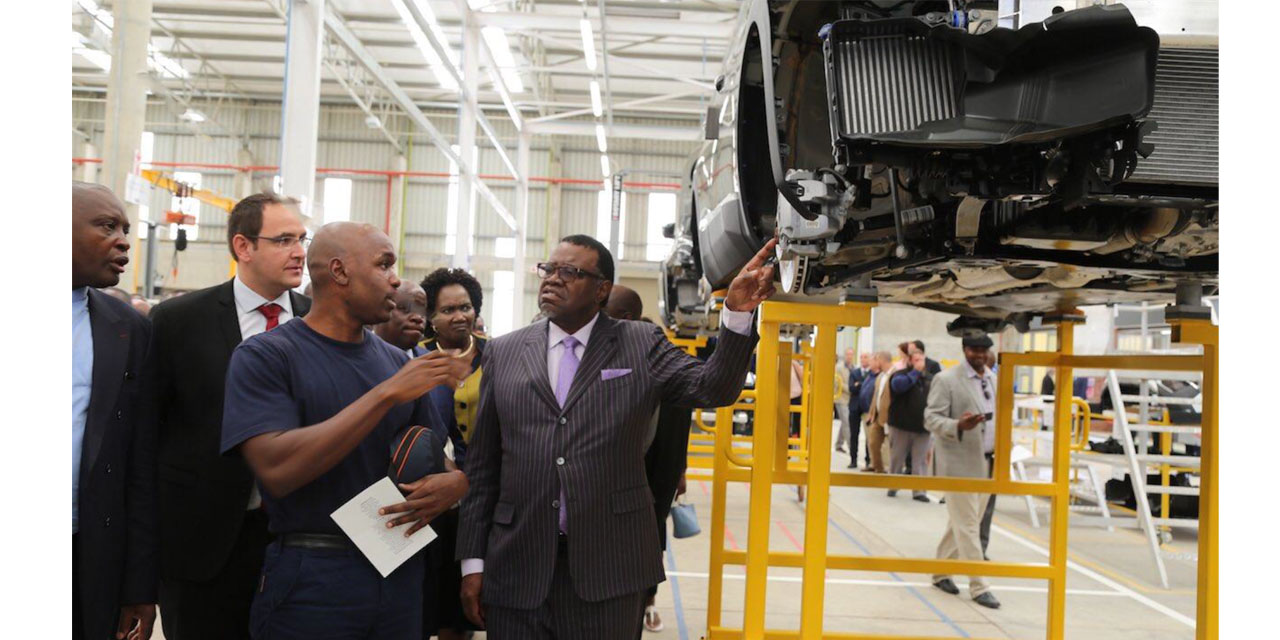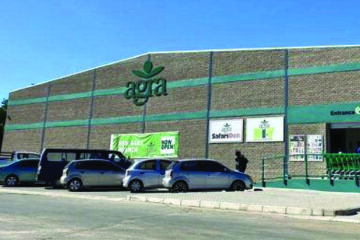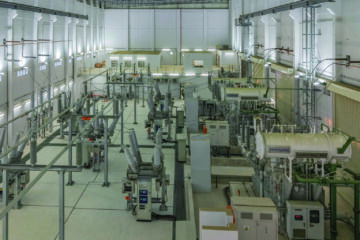Chamwe Kaira
Stakeholders in the Peugeot Opel Assembly Namibia at Walvis Bay hope that the government and French company, PSA Automobiles reach a mutual consensus and iron out their differences by ensuring a viable outcome to ensure the continuation of the operations at the plant.
This follows a High Court ruling that the matter be removed from the roll because the joint venture agreement concluded between the parties in clause 20 of the agreement makes provision for the parties to amicably resolve their disputes and if they fail to so resolve their dispute, refer the matter to arbitration.
“The parties must therefore resolve their dispute as contemplated in clause 20 of the joint venture agreement dated 26 February 2018. The matter is regarded as finalised and is removed from the roll,” the ruling said.
Several government sources told Observer Money the bone of contention is that PSA Automobiles argues that the Namibian Government did not provide them with the Duty Remission Scheme incentive as agreed upon in the Investment Agreement.
The government position, which it showed in its reply in the court, is that indeed it met that particular obligation. The additional issue that became a challenge is an additional duty on each car at 18% because of most components are not sourced locally in assembling the car as per the SADC Rules of Origin criteria of 60 to 40 ratio.
Another issue is that you should at least have 40% of the total make of the car made up of local originating materials. However, there are provisions in SACU that enables the reduction of that 18% duty and the government went the extra mile to work through that and submitted the solution to PSA in August 2022.
It is now PSA to have had the work to test the solution but they refused and decided to go to court, the source said.
Government sources said the attainment of 5000 cars per annum production is a matter of scaling up the plant, but the actual sales context is what matters and PSA has to do more work on the marketing side to do so.
“So technical feasibility is not the limit here, it’s to work on the demand for the cars,” the source added.
Talking about the lack of exports to South Africa, which Peugeot Opel Assembly Namibia has cited as one of the reasons, the project has not reached its full potential, the source went on to say the additional issue that became a challenge is an additional duty on each car at 18% because of most components are not sourced locally in assembling the car as per the SADC Rules of Origin criteria of 60-40 ratio.
“You should at least have 40% of the total make of the car made up of local originating materials. However, there are provisions in SACU that enables the reduction of that 18% duty and the Government went the extra mile to work through that and submitted the solution to PSA in August 2022,” the source said.
The plant has assembled around 145 vehicles and government entities has so far bought 40 of those, according to government figures.
“If the two parties resolve their differences, the demand for new vehicles is growing in Africa and therefore there is ample scope to ensure that this happens,” the source said.
Government has 49% shareholding and PSA has 51%. Due to existing infrastructure that was in the possession of government actual investment by both parties to ensure shareholding was less than N$50 million.
The plant is now under care and maintenance until the impasse is resolved, at the initial stages it employed 16 technical employees and at full production of 5000 cars a year it will be able employ 50 technical employees.
Another source similar with the deal said it appears that Peugeot was trying to squeeze concessions out of the government with blackmail.
Robert Van Rooijen, Chief Executive Officer of Peugeot Opel Assembly declined to comment.
“I sit here as CEO but, I don’t speak to the media. Please contact the board,” he said.




